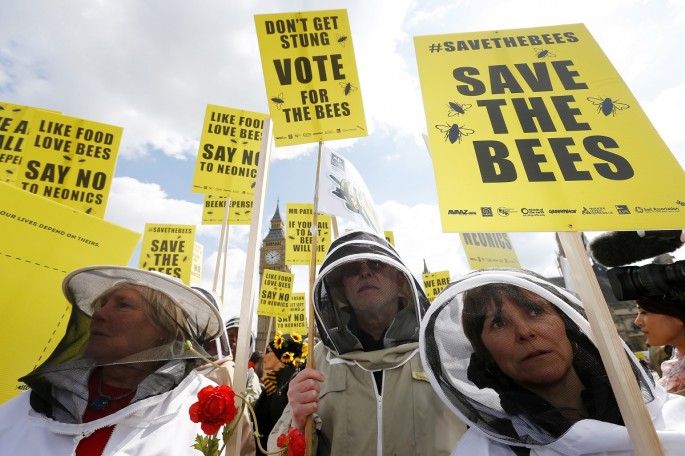A trend of honeybee deaths is not a good news both to beekeepers and to farmers who rely on the insects to pollinate their crops, a newly released survey shows.
In collaboration with the Apiary Inspectors of America (AIA) and the United States Department of Agriculture (USDA), the consortium of universities and research laboratories called the Bee Informed Partnership released on May 13, Wednesday, preliminary results for the ninth annual national survey of honeybee colony losses.
According to the results, the health of the bees is of major concern to agriculture although they are not necessarily in danger of extinction. It is estimated that the pollination services of honeybees are worth $10 billion to $15 billion annually.
According to the University of Maryland assistant entomology professor Dennis vanEngelsdorp, who directs the survey for the bee partnership, the colonies of honeybees are expected to die during the winter when the season is stressful.
"What's totally shocking to me is that the losses in summer, which should be paradise for bees, exceeded the winter losses," the New York Times quoted vanEngelsdorp as saying.
According to the survey, a preliminary 6,128 beekeepers in the U.S. provided valid responses for the 2014/2015 winter season. The beekeepers collectively managed 398,247 colonies in October 2014. This represents approximately 14.5 percent of the estimated 2.74 million managed honeybee colonies in the U.S.
It is the second year in a row the reported colony loss rate was particularly lower than the nine-year average total loss of 28.7 percent. As compared to the previous 2013/2014 winter, there is a decrease in losses of 0.6 percent.



























